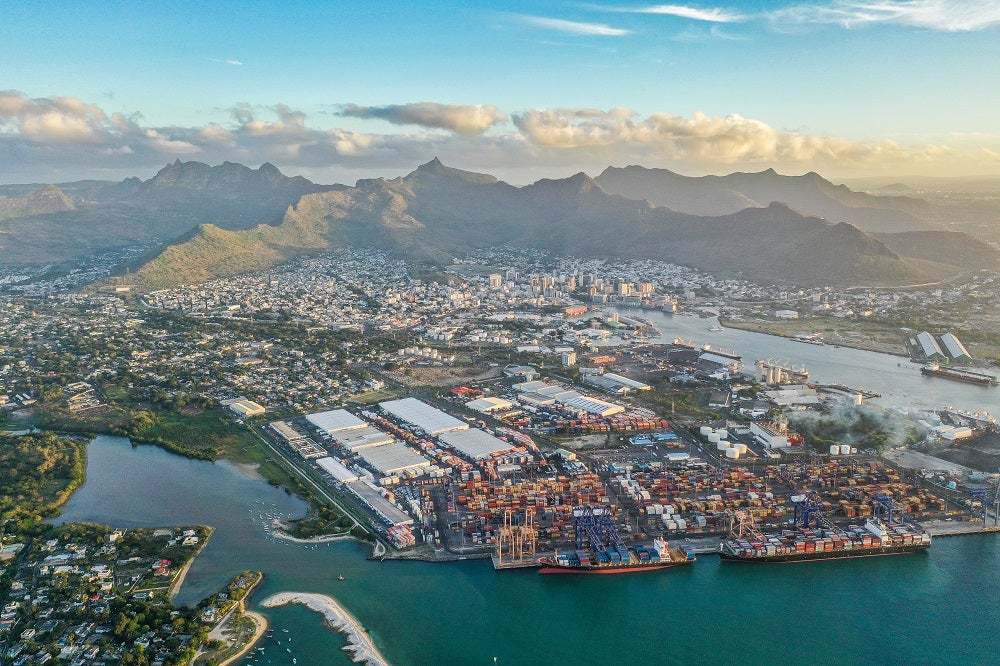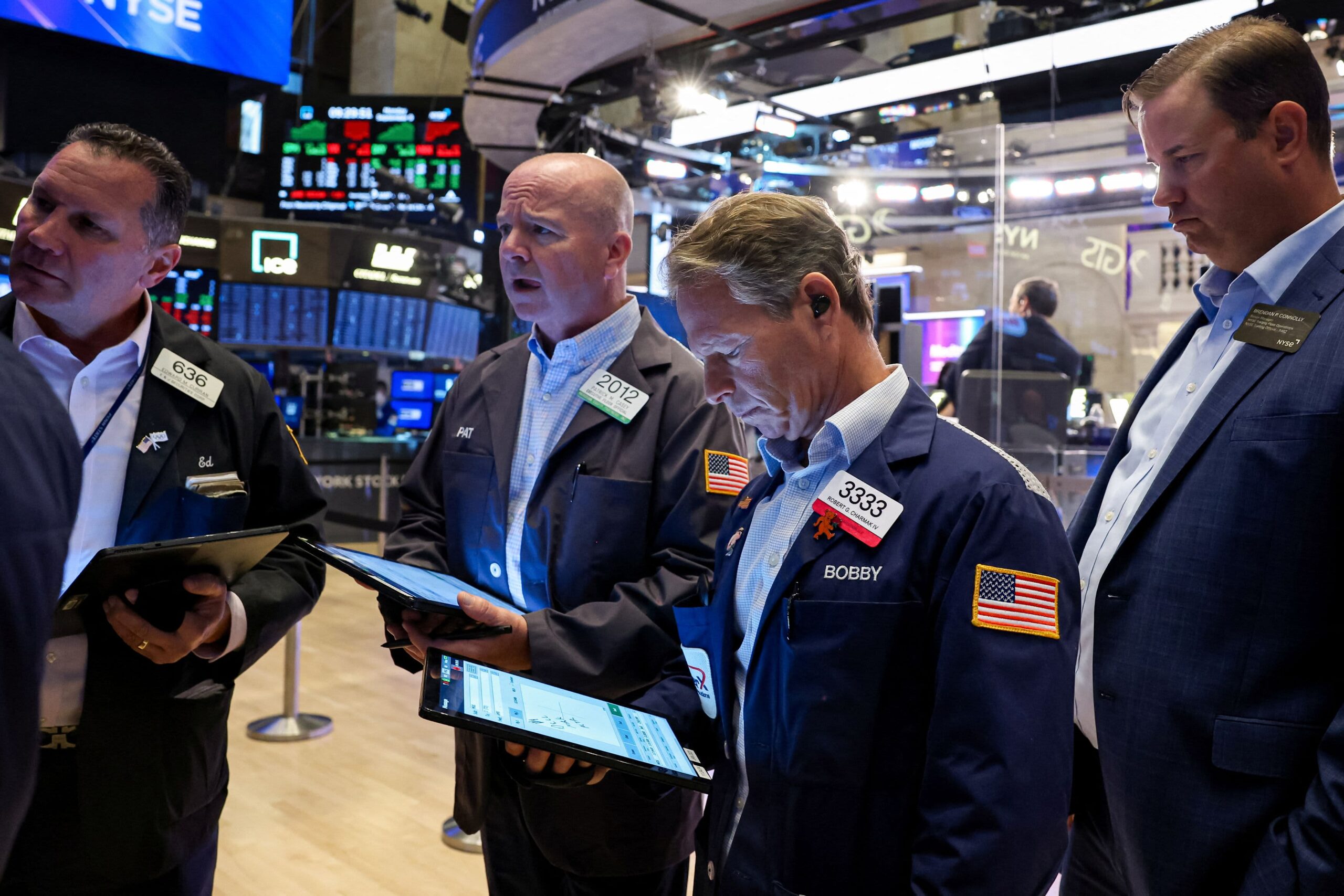
Mauritius may be best known for its alluring island lifestyle, mild tropical climate, and breathtaking scenery, but it is also one of Africa’s biggest success stories. Since the island’s independence in 1968, the government has leveraged its strategic location in the Indian Ocean between Asia, Europe and Africa, to grow and diversify its economy, with a focus on developing a robust financial centre of excellence that has punched above its weight for years. In 2024, Mauritius was ranked as one of the preferred destinations for millionaires worldwide, with more than 5,000 millionaires calling Mauritius home.
The 2024 report on global wealth migration by investment advisers Henley & Partners proclaims the island as a sovereign state with high levels of safety and security that remains largely shielded from the world’s political and economic problems. A beacon of political, social, and economic stability, which is increasingly rare in the world today, Henley & Partners anticipates Mauritius to continue catching the eye of the world’s ultrawealthy in the future, expecting its millionaire demographic to almost double over the next decade.
Henley & Partners say, apart from high levels of security, safety and high living standards, the island’s world-leading governance and sophisticated financial ecosystem are some of the key reasons high-net worth individuals are moving to Mauritius.
For similar reasons the world’s wealth management community are also starting to look to the jurisdiction as a platform to preserve and grow their assets in a more challenging environment of escalating geopolitical tensions, economic uncertainty and less friendly tax policies in traditional markets.
Business-friendly
Tom Hopgood, an economist at GlobalData, says Mauritius is one of the most business-friendly destinations in Africa, underpinned by a robust legal system which combines the French Code Civil and the British Common Law, an independent judiciary and solid democratic institutions that have a long history. It is also noteworthy that in case of commercial litigation, the investors’ highest court of appeal is the judicial committee of the Privy Council in UK. The country’s regulatory framework is recognised by global institutions such as the World Bank, Moody’s Rating, the OECD, the EU and The Financial Action Task Force (FATF).
“In the latest World Bank Ease of Doing Business report, Mauritius ranked 13th globally. Its competitive tax system has certainly contributed to this reputation, with no capital gains tax, dividend and interest withholding tax,” he says, adding. “A non-resident – subject to a deed of non-residence for settlor and/or beneficiaries – is exempt from income tax and repatriation of profits, dividends and capital is tax free.”
With no estate duty or inheritance tax and double tax treaties with numerous countries around the world, Mauritius is now gaining traction from the world’s wealth management community, keen to use the jurisdiction for structuring their investments into some of the fastest growing, but riskier, markets in Africa and Asia.
Today, the financial services sector in Mauritius contributes some 14% to its gross domestic product (GDP). Private banking and family offices have been identified by the Mauritius International Financial Centre (IFC) and the Economic Development Board (EDB) as a pivotal axle of growth. To this end, the EDB, the regulatory body, the Financial Services Commission (FSC) and representatives of the Ministry of Financial Services and Good Governance will be leading a strong private sector delegation to the 2024 Africa Financial Services Investment Conference (AFSIC) to showcase the panoply of investment vehicles offered by the Mauritius IFC to global investors looking to explore business opportunities in Africa as well as globally.
These include trusts, special purpose funds and Variable Capital Company (VCC) structures, family office and treasury services, along with innovative digital finance opportunities through the VAITOS Act framework. Mauritius offers a number of attractive residency programmes for HNWIs to live, work and retire on the island that will also be on show.
During their business trip to UK, The EDB representatives will be conducting meetings and roundtables sessions with international investors and professionals in the financial services sphere, notably, law firms, fund managers, private portfolio managers, tax advisors, and accountancy firms, among others.
Meet the EDB Mauritius team at AFSIC to be held between 7-9 October at the Park Plaza in London and download the whitepaper below to explore the strategic advantage of Mauritius for financial services and wealth management.
“Why the world’s ultrawealthy are investing in Mauritius” was originally created and published by Investment Monitor, a GlobalData owned brand.
The information on this site has been included in good faith for general informational purposes only. It is not intended to amount to advice on which you should rely, and we give no representation, warranty or guarantee, whether express or implied as to its accuracy or completeness. You must obtain professional or specialist advice before taking, or refraining from, any action on the basis of the content on our site.
EMEA Tribune is not involved in this news article, it is taken from our partners and or from the News Agencies. Copyright and Credit go to the News Agencies, email news@emeatribune.com Follow our WhatsApp verified Channel




